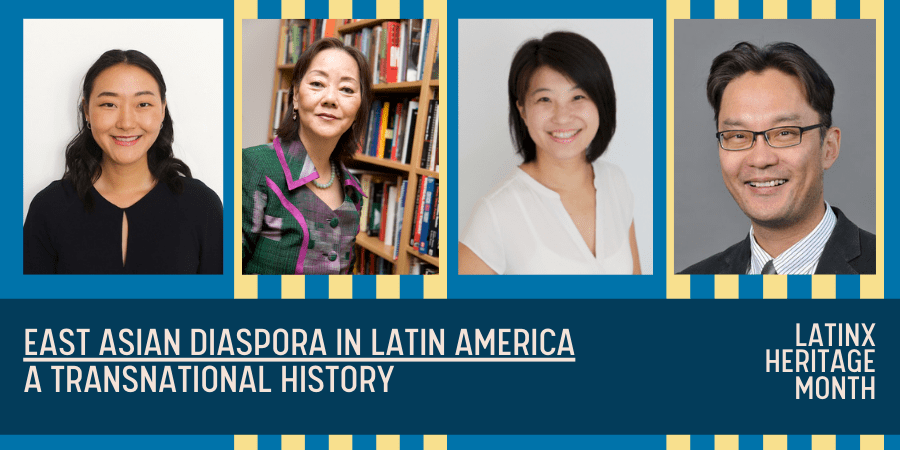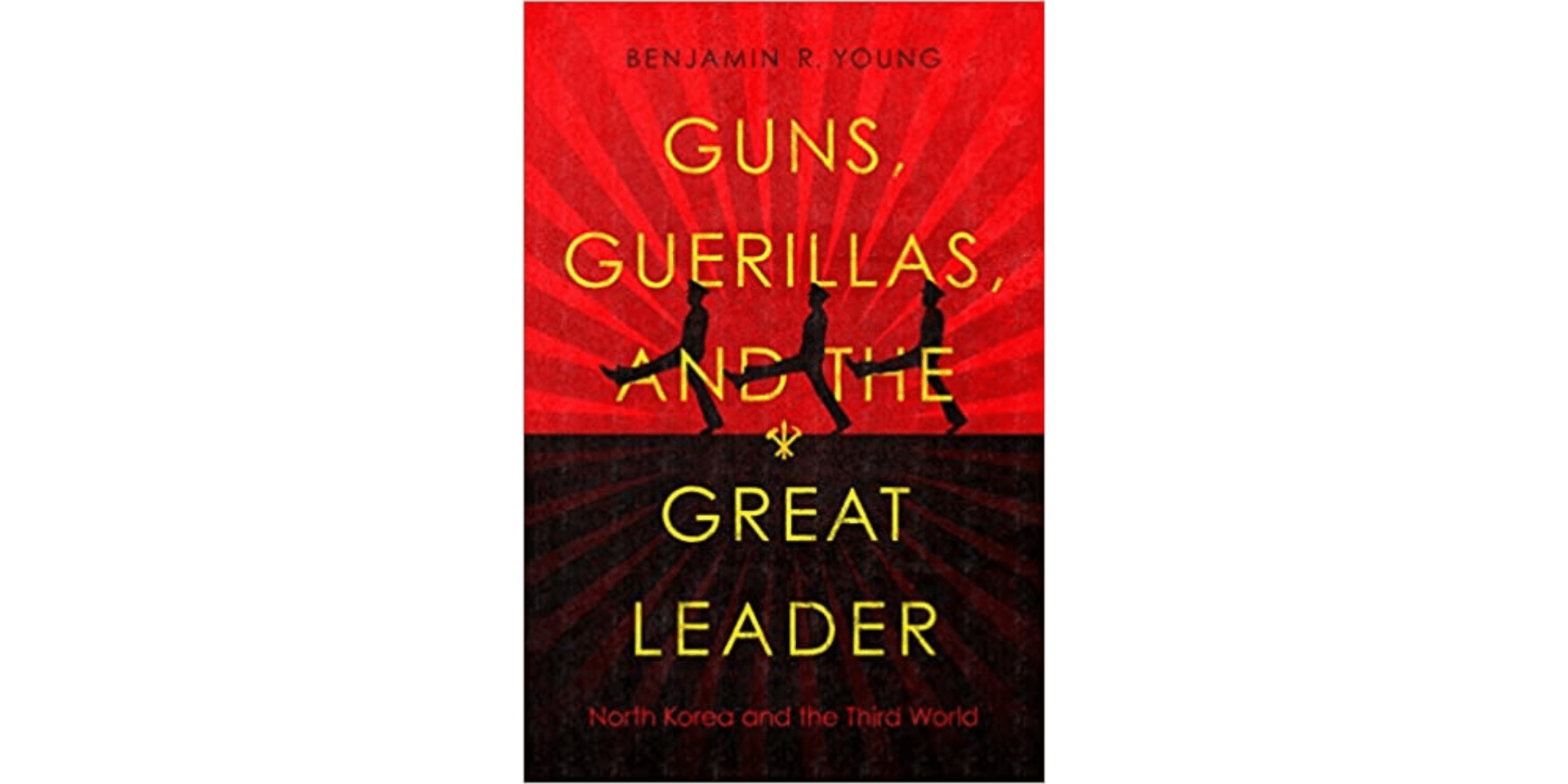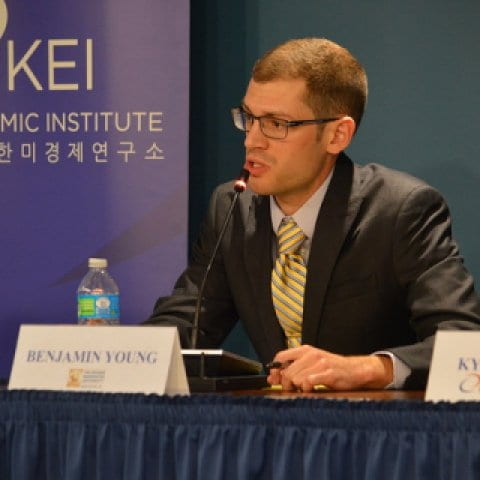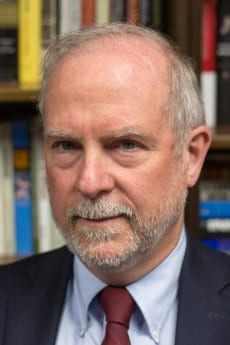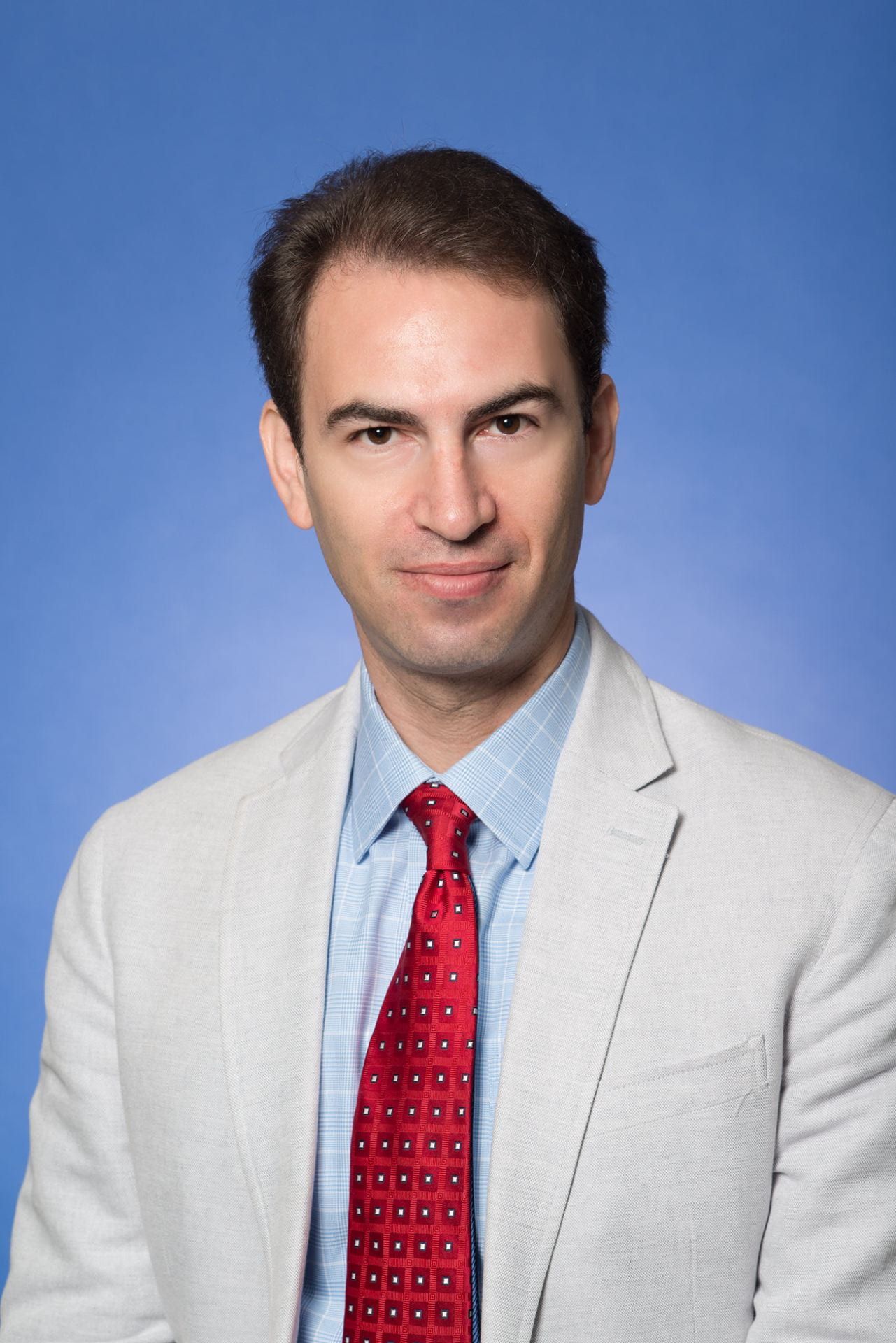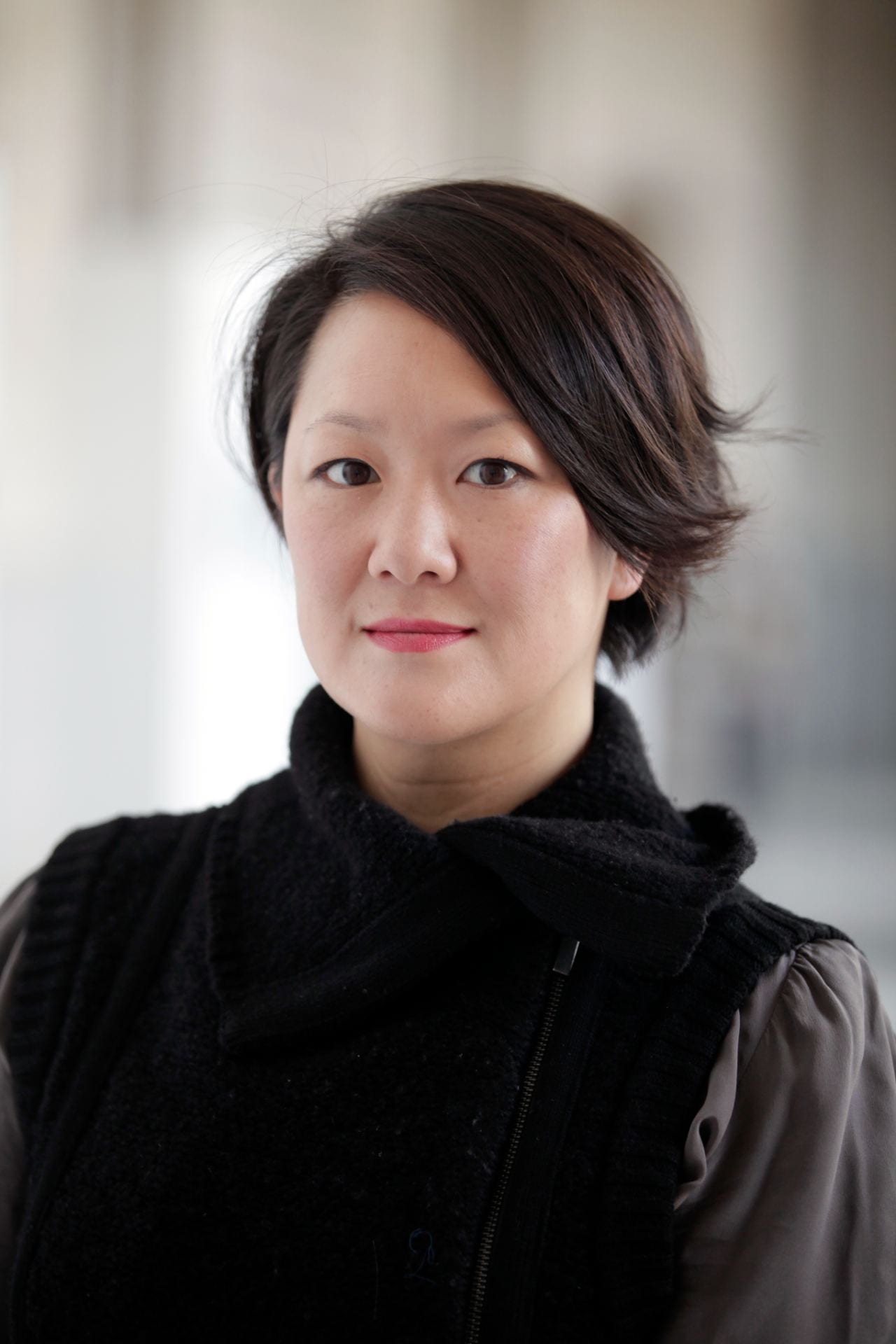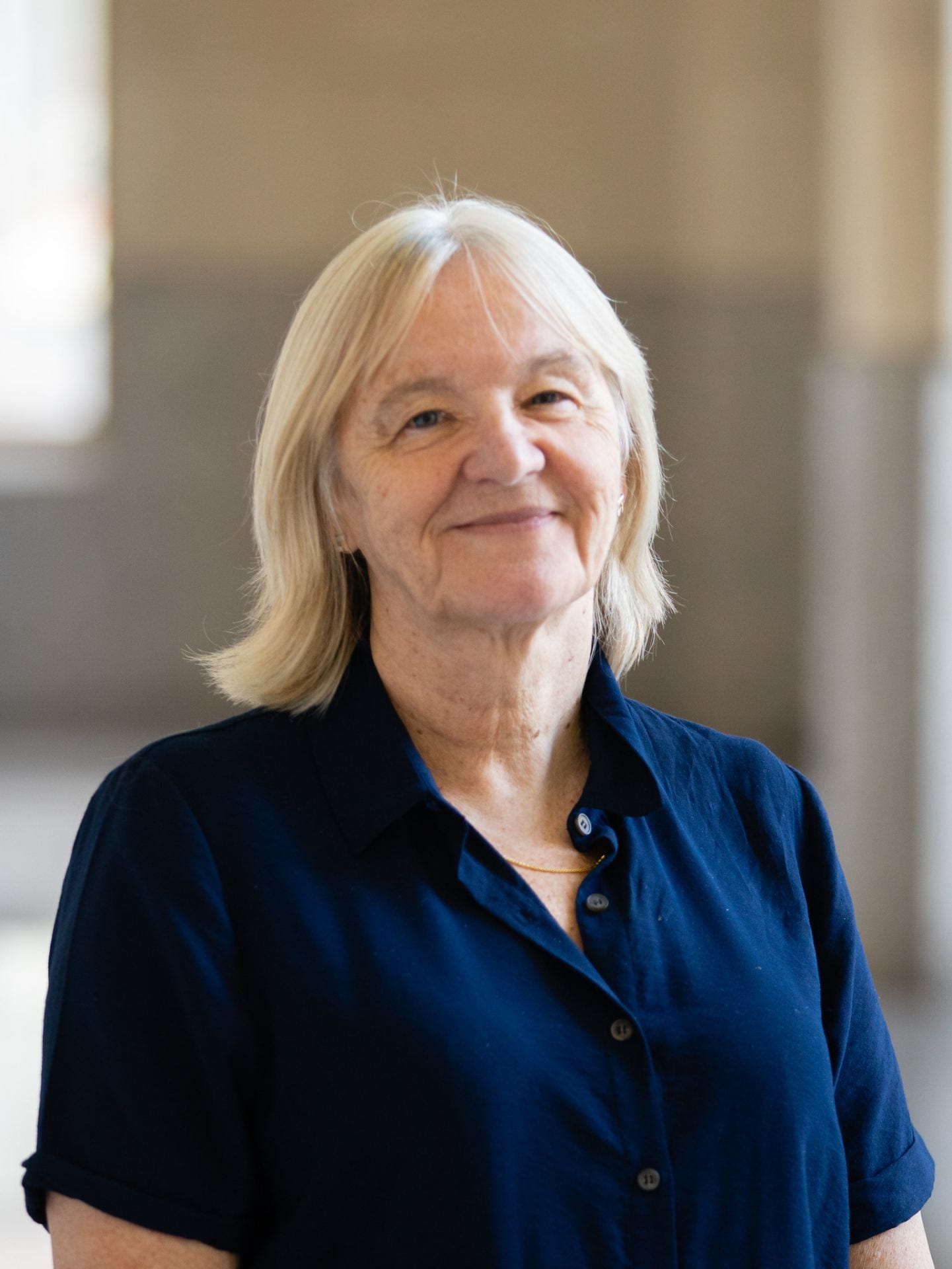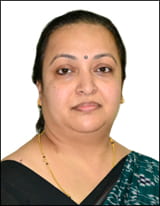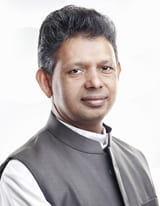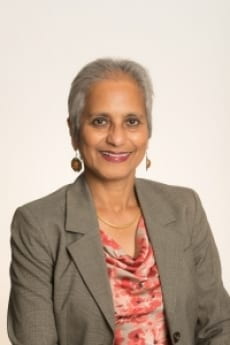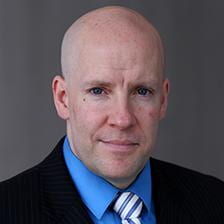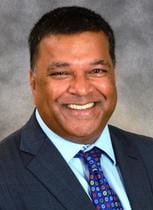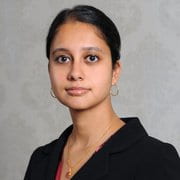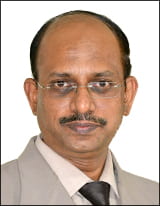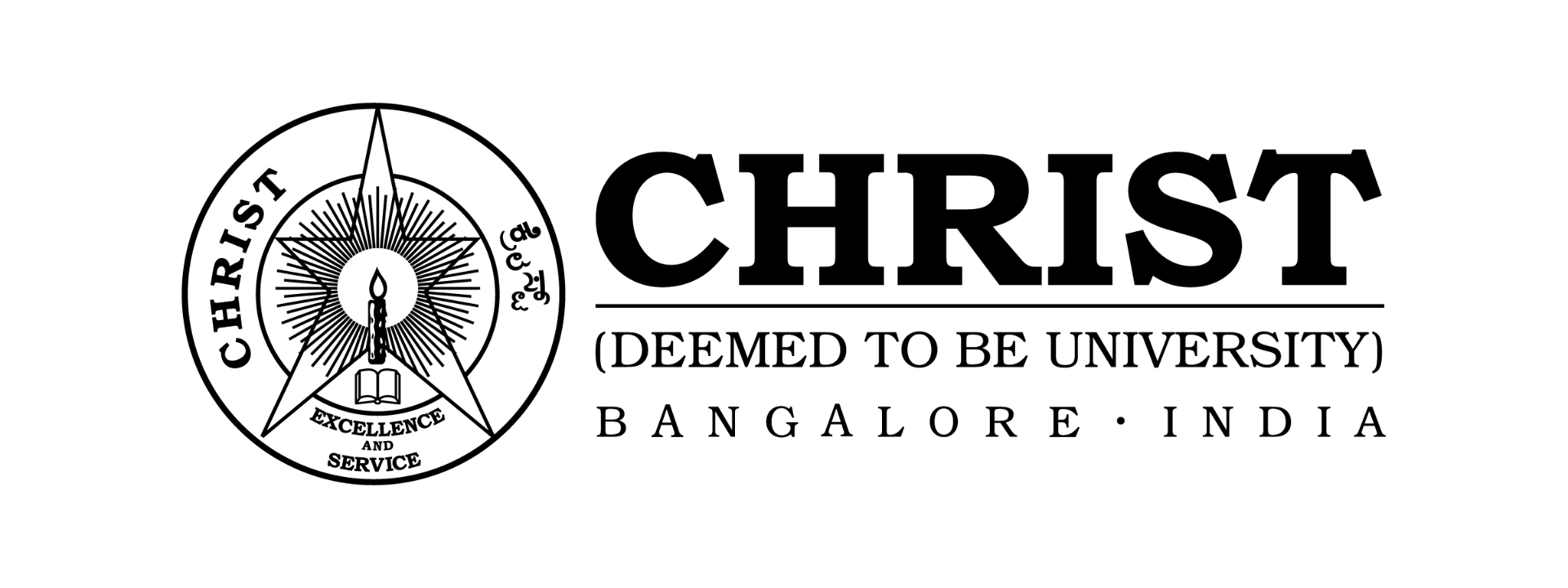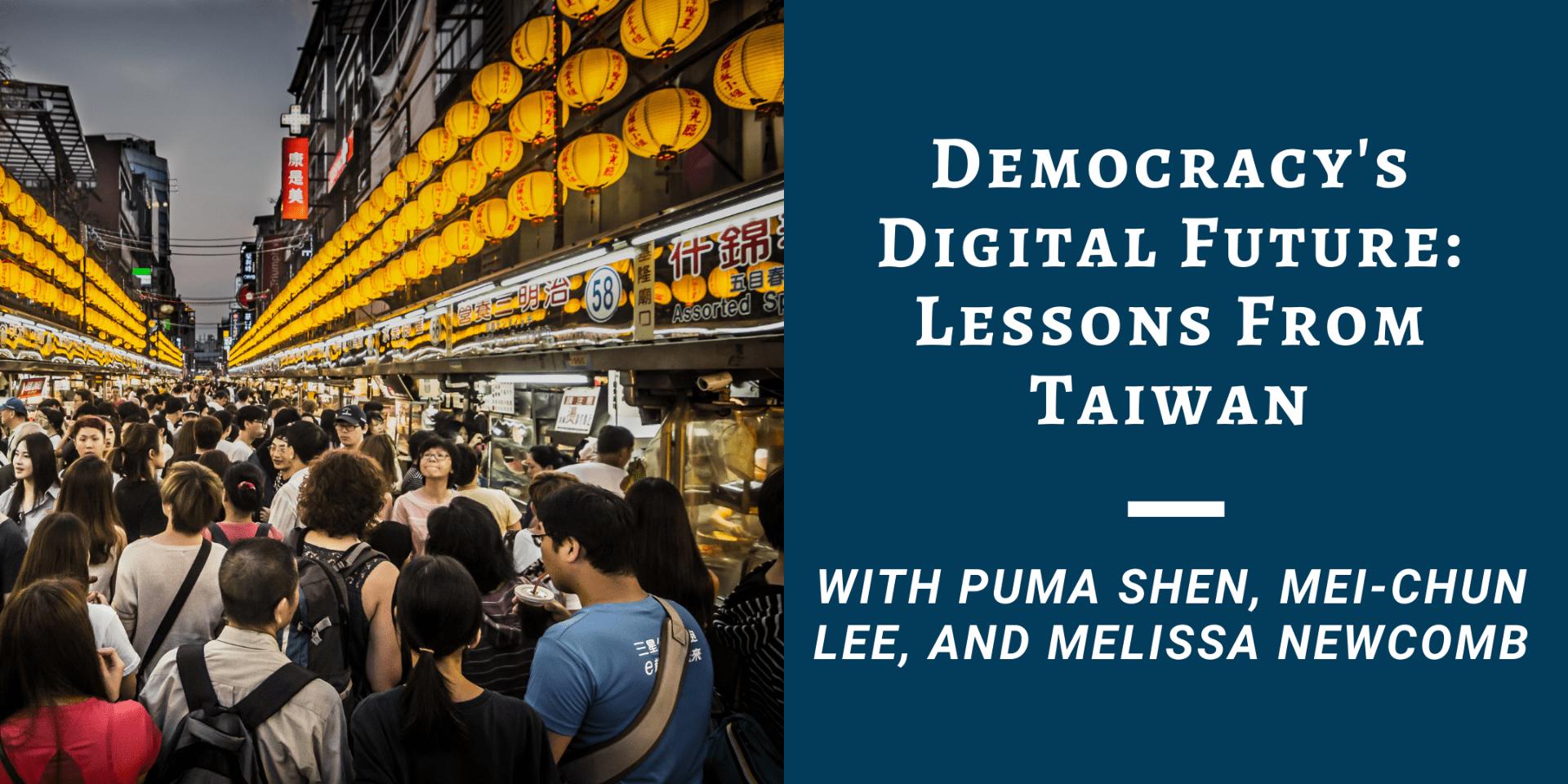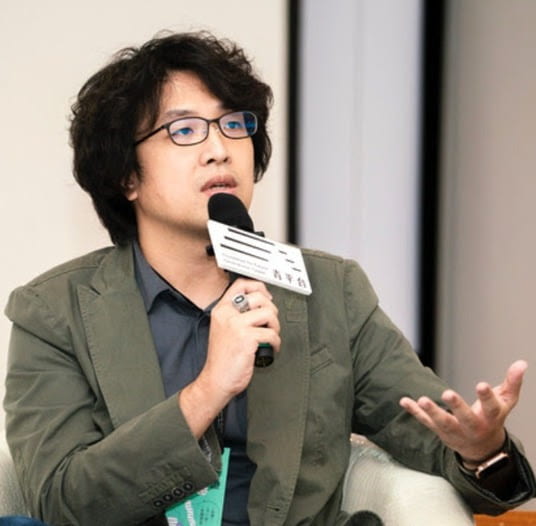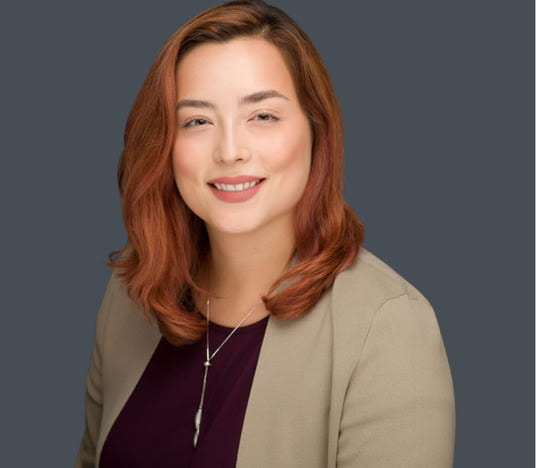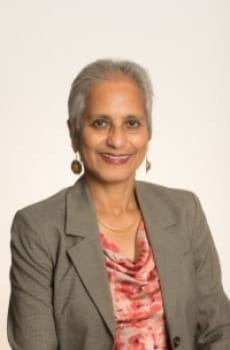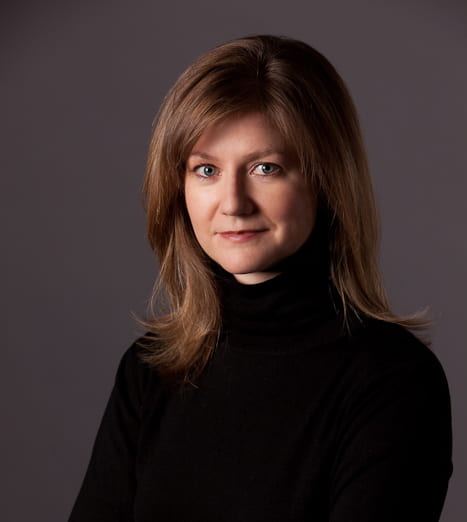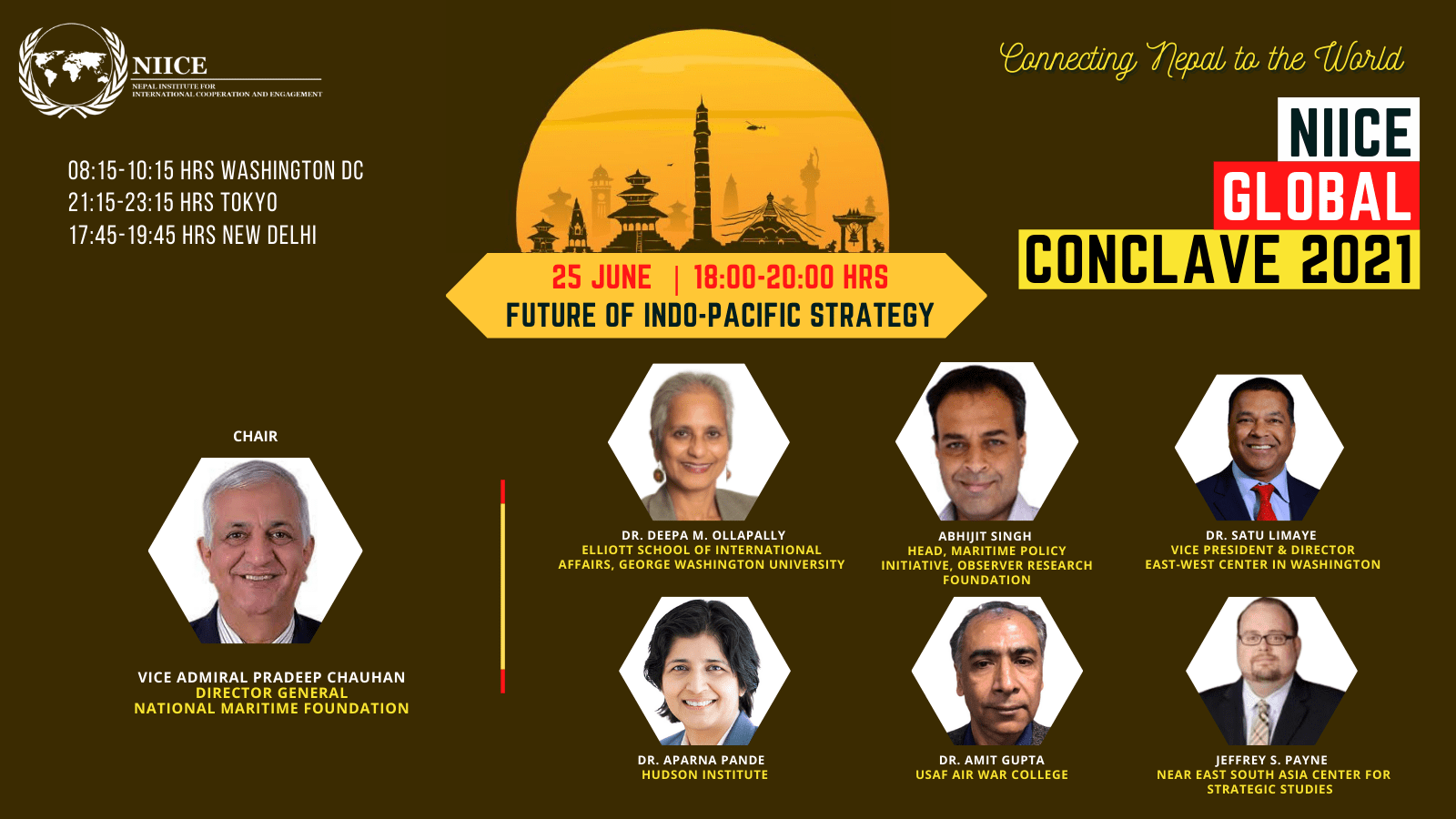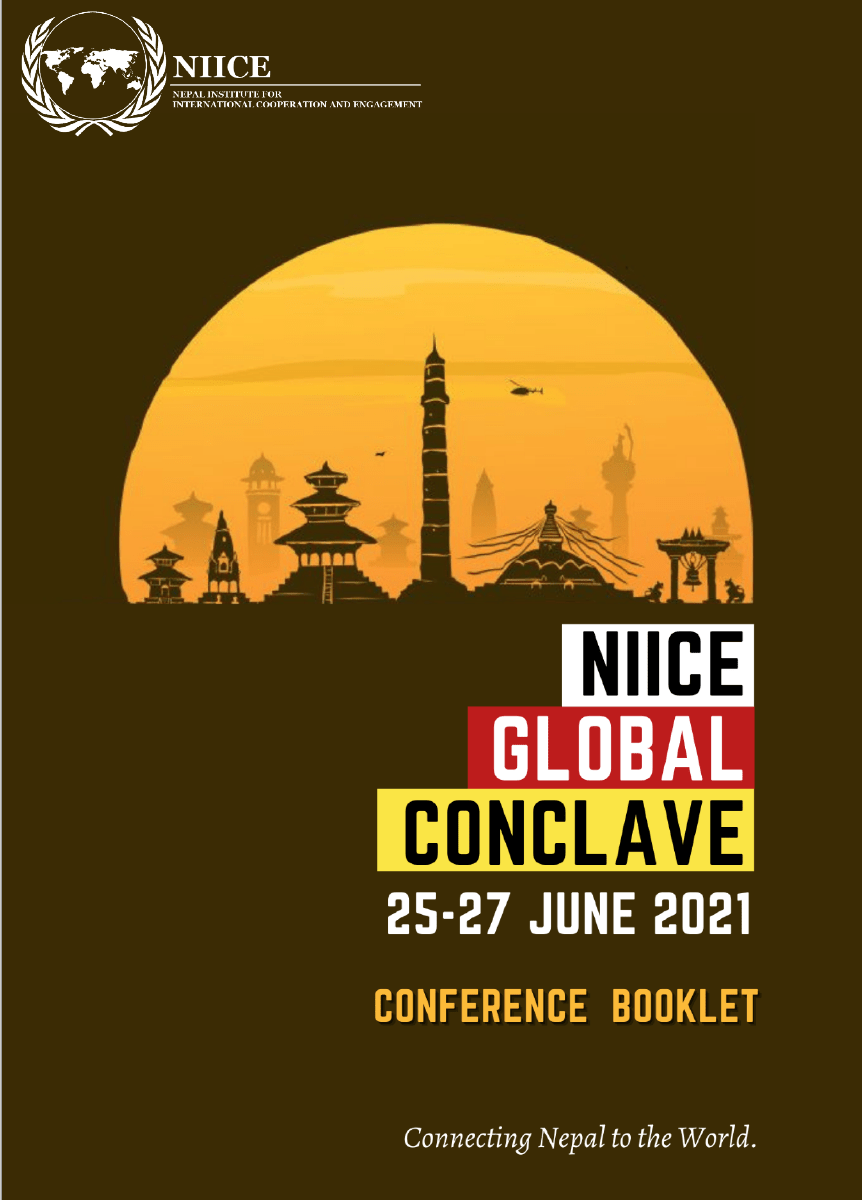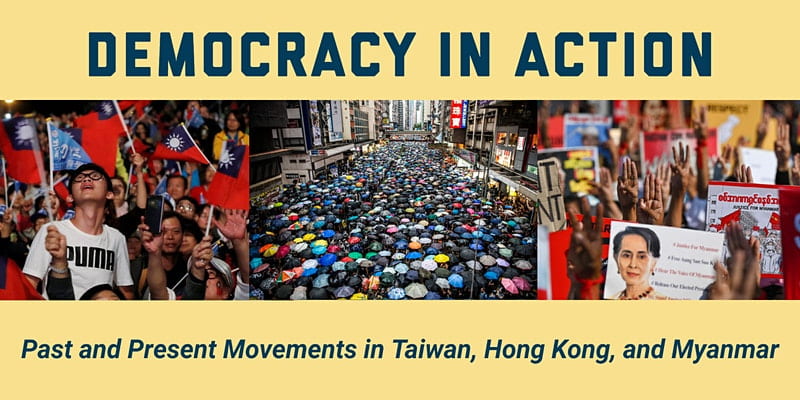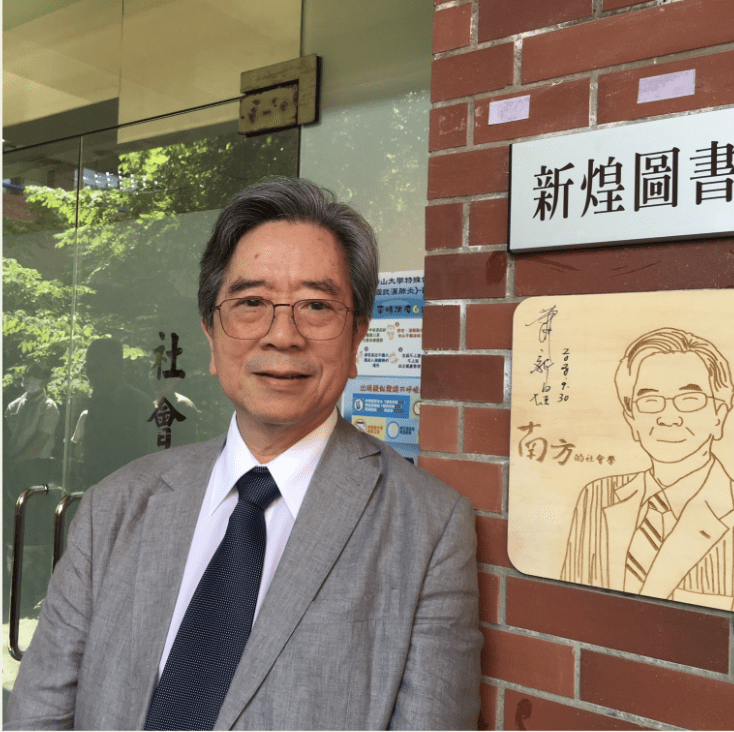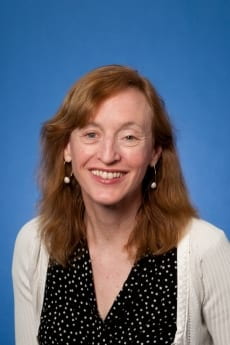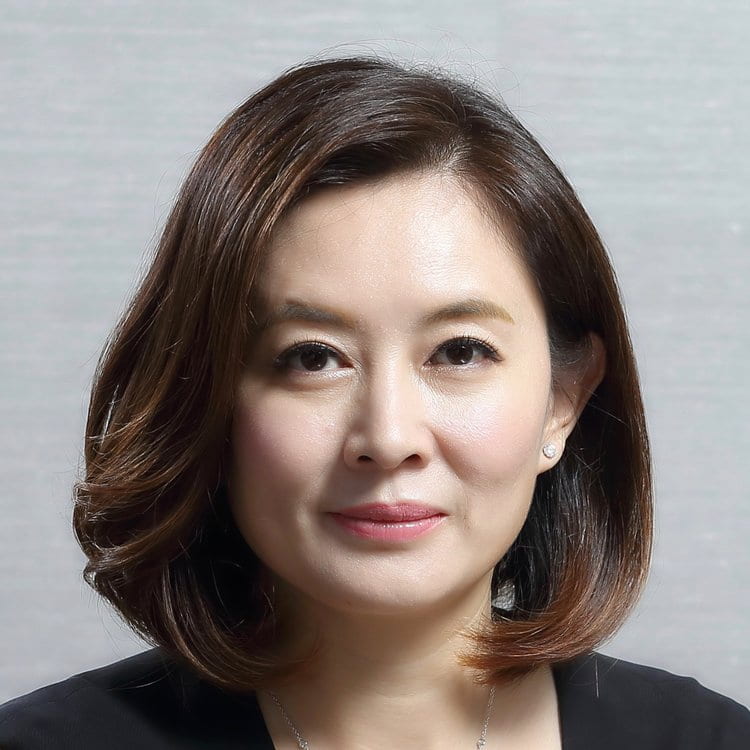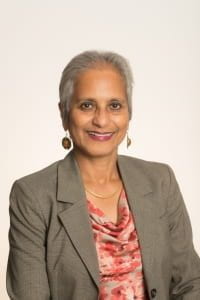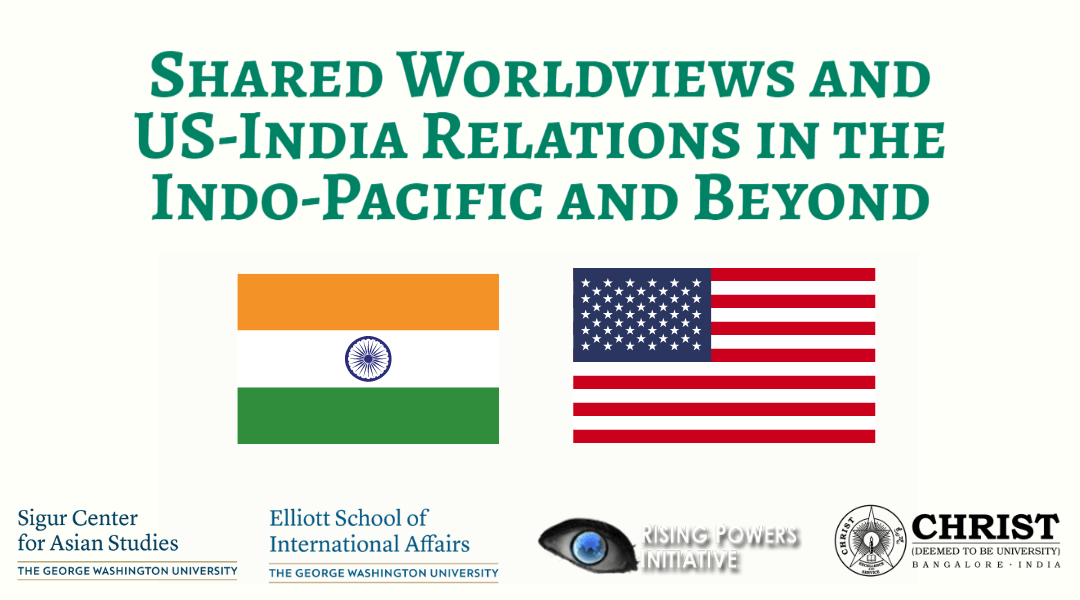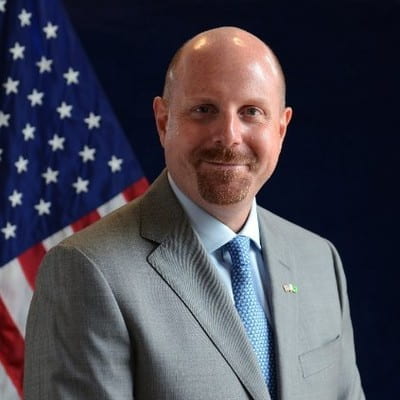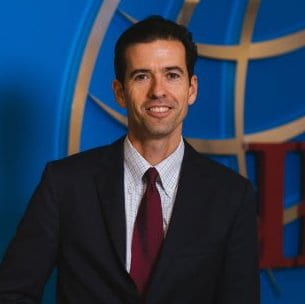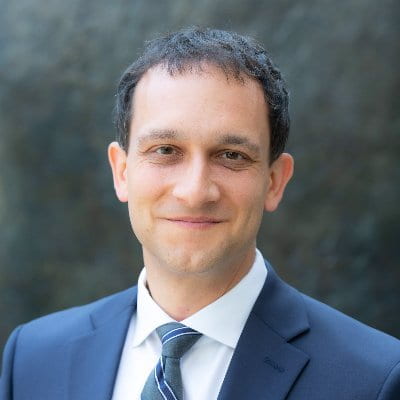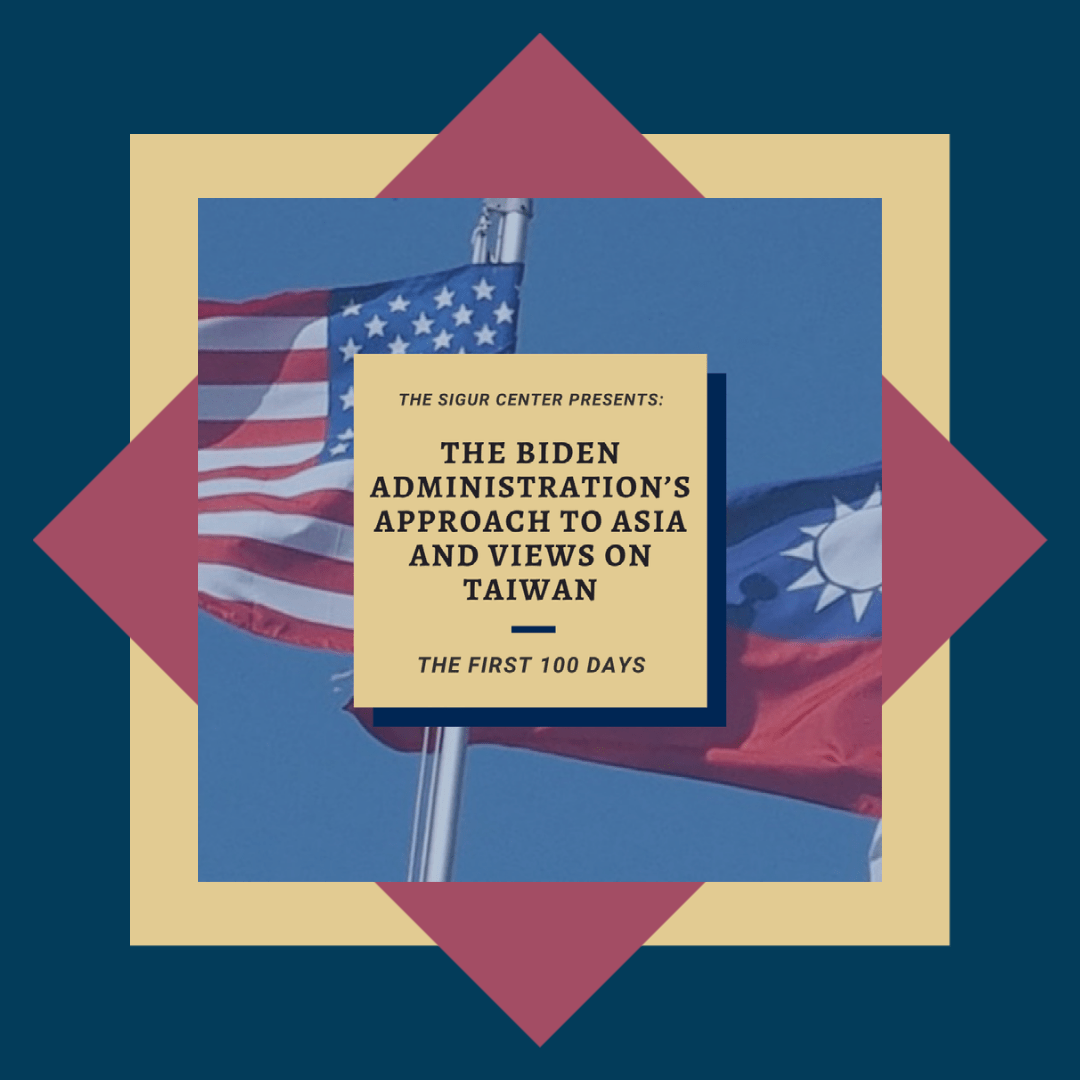Sponsored by the Sigur Center for Asian Studies, Institute for Korean Studies, East Asia National Resource Center, Cisneros Hispanic Leadership Institute, and GW Department of Sociology
Thursday, October 14, 2021
1:00 PM – 2:30 PM EDT
Zoom Event
Join a panel of experts to talk about the history and contemporary trends of transnational migration between East Asia and Latin America.
Transnational migration between East Asia and Latin America has been occurring for centuries, particularly since the trade of slave and indentured labor across the Atlantic and Caribbean. The oftentimes unsung history of East Asian diasporic communities in Latin America is one marked by geopolitical and geoeconomic pressures, discrimination and confusion, adaptation and resilience, and citizenship and nation-building. This event brings together a panel of experts to call attention to the transnational histories of Chinese, Japanese, and Korean communities in the Spanish Caribbean, Central America, and South America.
This event will be on the record and a recording will be available on the NRC YouTube channel after the event.
Speakers

Evelyn Hu-DeHart is Professor of History, American Studies and Ethnic Studies at Brown University. She was Director of the Center for the Study of Race and Ethnicity at Brown from 2002-2014, and Director of the Consortium on Advanced Studies in Cuba during the 2014-2015 Academic Year, and again in Spring 2019. In 2020, she was elected International Fellow of the Mexican Academy of Historians. In 2019-20, she was the American Council of Learned Societies (ACLS) Centennial Fellow in the Dynamics of Place to research and write a book on The Chinese in the Spanish Empire, From Manila in the 16th Century to Cuba in the 19th Century. She has received two Fulbright fellowships, to Brazil and Peru, and lectures extensively in the United States, Asia, Latin America and Caribbean and Europe, in three languages (English, Mandarin and Cantonese Chinese, Spanish). She has written, edited, and published 11 books, on three main topics, in 4 languages and 5 continents: indigenous peoples on the U.S.-Mexico border; Asians in the Americas, with special attention to the Chinese diaspora in Latin America and the Caribbean; diversity, multiculturalism, race, race relations and minority politics in the U.S. Select publications include: Across the Pacific: Asian Americans and Globalization (1999; e-version 2010); Asians in the Americas: Transculturation and Power (2002); Voluntary Associations in the Chinese Diaspora (2006); Asia and Latin America (2006); Afro-Asia (2008); and Towards a Third Literature: Chinese Writings in the Americas (2012). She received her B.A in Political Science from Stanford University and her PhD in Latin American/Caribbean history from the University of Texas at Austin.

Taku Suzuki is Professor of International Studies at Denison University in Granville, Ohio. He has conducted research on the Okinawan immigrant communities in Bolivia and Okinawan-Bolivian immigrant communities in Japan, war and peace tourism in Okinawa, and post-WW II Okinawan repatriation from the Japanese colonial Micronesia. He is the author of Embodying Belonging: Racializing Okinawan Diaspora in Bolivia and Japan (University of Hawai‘i Press, 2010). Currently, he is researching on digital divide within central Ohio’s Bhutanese refugee community that has impacted the community’s response to the COVID-19 pandemic, and the struggles among Kurdish, Iranian, and other asylum seekers who pursue legal status in Japan. He earned Ph.D. in Sociocultural Anthropology from the University of Minnesota, and he was a Freeman Postdoctoral Fellow in Asian Diaspora Studies at Wesleyan University.

Rachel Lim is Visiting Assistant Professor and Accountability, Climate, Equity, and Scholarship (ACES) Fellow in the Department of History at Texas A&M University. Her research and teaching interests include migration, globalization, and comparative race and ethnicity at the intersection of Asia and the Américas. Her current book project, Itinerant Belonging: Korean Transnational Migration to and from Mexico, uses interdisciplinary research methods to examine the history of Korean migration to Mexico, from the start of the twentieth century to the present. Rachel received her PhD in Ethnic Studies from the University of California, Berkeley, and she has written for multiple scholarly and popular venues, including The Journal of Asian American Studies, Verge: Studies in Global Asias, and The Washington Post.
Twitter: @Lim_Rachel_H
Speakers
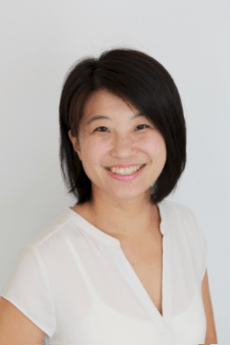
Hiromi Ishizawa is an Associate Professor and Chair of the Sociology department at GW. Her research interests are in the areas of social and family demography, immigration, sociology of language, and urban sociology. Her primary research goal is to understand diversity in immigrants’ pathways of incorporation into a host society. In particular, she focuses on the residential and familial contexts in which immigrants and their children reside, and how these contexts affect whether, and the manner in which, they are integrated into a host society.





